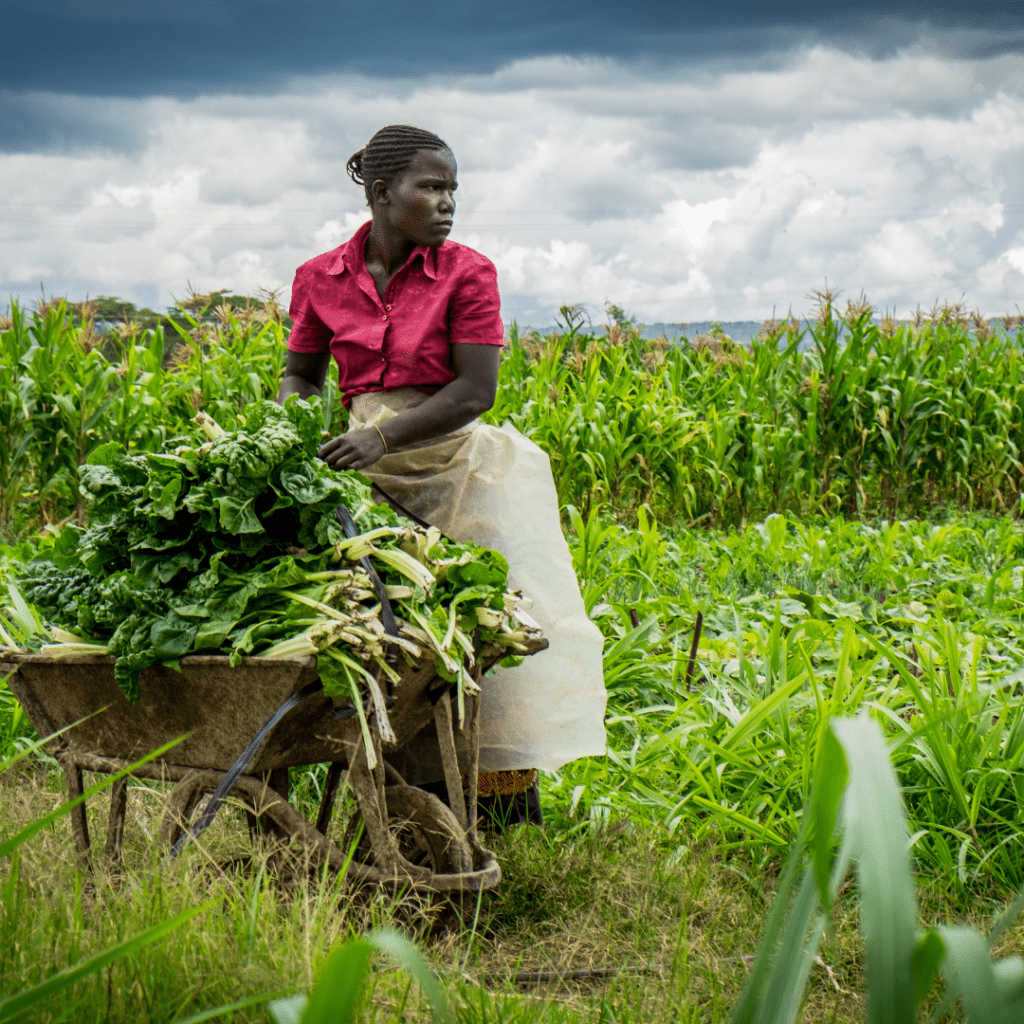Muslims & Mosques
Islam in Kenya
Muslims are a significant religious minority in Kenya, making up approximately 11% to 13% of the country’s population. Islam has a long history in Kenya, dating back to the 7th century when it was introduced by Arab traders and explorers along the coast. Over the centuries, Islam has become an integral part of Kenyan society and culture.
Kenya’s Muslim population is diverse, consisting of various ethnic groups, including the Swahili, Somali, and Borana, among others. The majority of Kenyan Muslims are Sunni, with a small minority of Shia Muslims. Islam in Kenya is practiced in a variety of ways, ranging from urban to rural areas, and it often blends with traditional African customs and beliefs.

Muslims in Kenya
Mosques in Kenya
Mosques hold a central place in the lives of Kenyan Muslims. They are not only places of worship but also serve as important community centers where religious, educational, and social activities take place. Mosques in Kenya come in various sizes and architectural styles, reflecting the cultural and historical influences of the region.
One of the most well-known mosques in Kenya is the Jamia Mosque in Nairobi, which is one of the largest and oldest mosques in East Africa. It serves as a prominent religious and cultural landmark in the capital city. Other notable mosques include the Masjid Riyadha in Lamu, a historic island town with a strong Swahili Muslim heritage, and the Grand Mosque of Mombasa, an architectural marvel along the coast.
Islamic Practices and Festivals in Kenya
Kenyan Muslims observe Islamic practices such as daily prayers, fasting during the holy month of Ramadan, giving alms (zakat), and making the pilgrimage to Mecca (Hajj) if they are financially and physically able. The Eid festivals, Eid al-Fitr and Eid al-Adha, are celebrated with great enthusiasm, with families coming together for special prayers, feasts, and social gatherings.
Challenges and Contributions
Muslims in Kenya, like other religious communities, face various challenges, including issues related to discrimination, security concerns, and political representation. However, they have made significant contributions to the country in various fields, including business, education, politics, and the arts.
In summary, Muslims in Kenya are a diverse and vibrant religious community with a rich cultural and historical heritage. Mosques play a central role in their lives, serving as places of worship, community, and cultural identity. Despite challenges, the Muslim community continues to make valuable contributions to Kenya’s social, economic, and cultural fabric.
